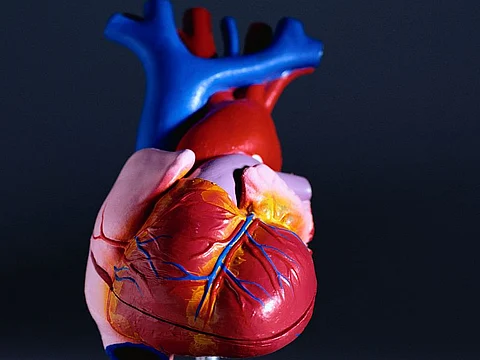THURSDAY, Dec. 21, 2017 (HealthDay News) -- Men and women have different cardiovascular reactivity mechanisms for mental stress-induced myocardial ischemia (MSIMI), according to a study published online Dec. 21 in Arteriosclerosis, Thrombosis, and Vascular Biology.
Samaah Sullivan, M.P.H., from Emory University in Atlanta, and colleagues collected baseline data from a prospective cohort study of 678 patients with coronary artery disease who underwent myocardial perfusion imaging before and during a public speaking stressor. The authors calculated the rate-pressure product response as the difference between the maximum value during the speech minus the minimum value during rest. The ratio of pulse wave amplitude during the speech over resting baseline was used to measure peripheral vasoconstriction by peripheral arterial tonometry. The percent of left ventricle that was ischemic was used to define MSIMI.
The researchers found that a higher rate-pressure product response was reported for men, but not women, with MSIMI than those without MSIMI; for women, those with MSIMI versus without MSIMI had a significantly lower peripheral arterial tonometry ratio. In men, each 1,000-U increase in rate-pressure product response was correlated with a 0.32 percent increase in inducible ischemia; for women, each 0.1-U decrease in peripheral arterial tonometry ratio was correlated with a 0.23 percent increase in inducible myocardial ischemia. The results were independent of conventional myocardial ischemia induced by stress.
"For women, stress-induced peripheral vasoconstriction with mental stress, and not increased hemodynamic workload, is associated with MSIMI, whereas for men, it is the opposite," the authors write.
Abstract/Full Text (subscription or payment may be required)


